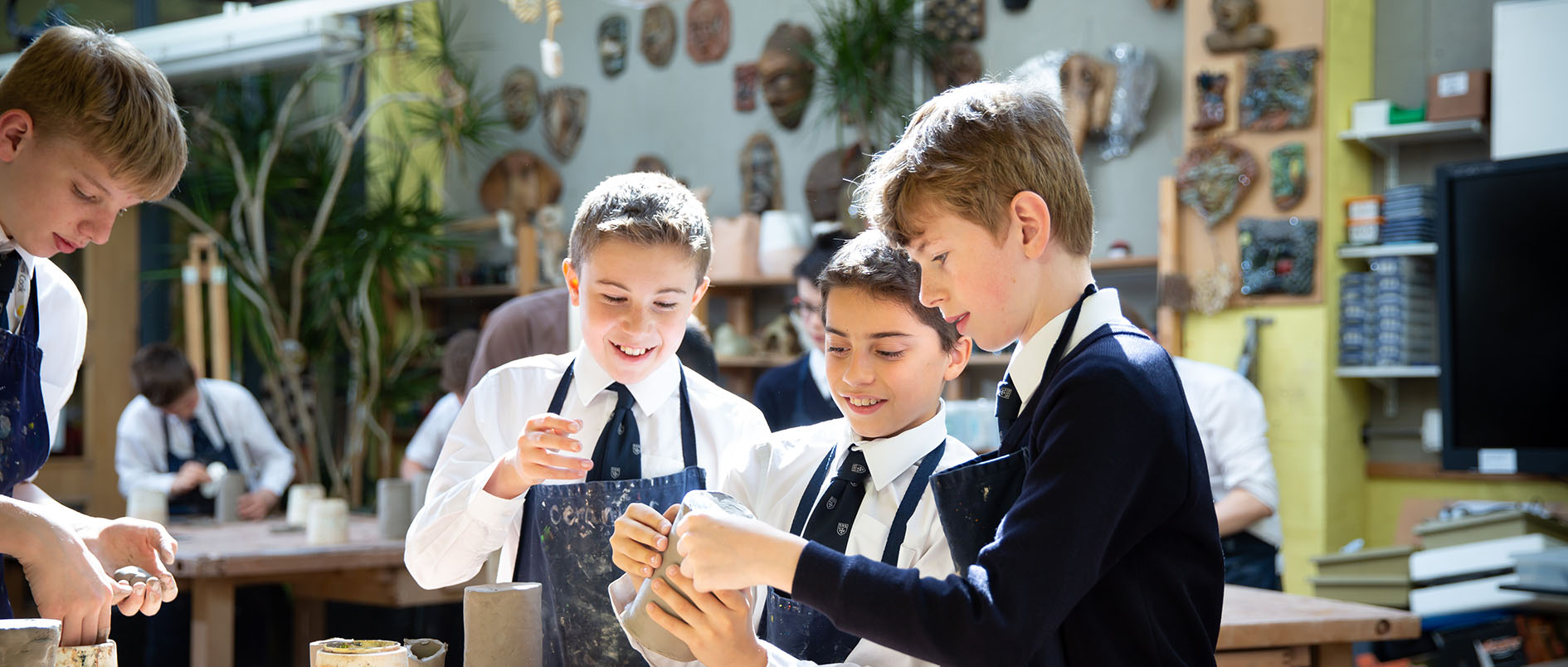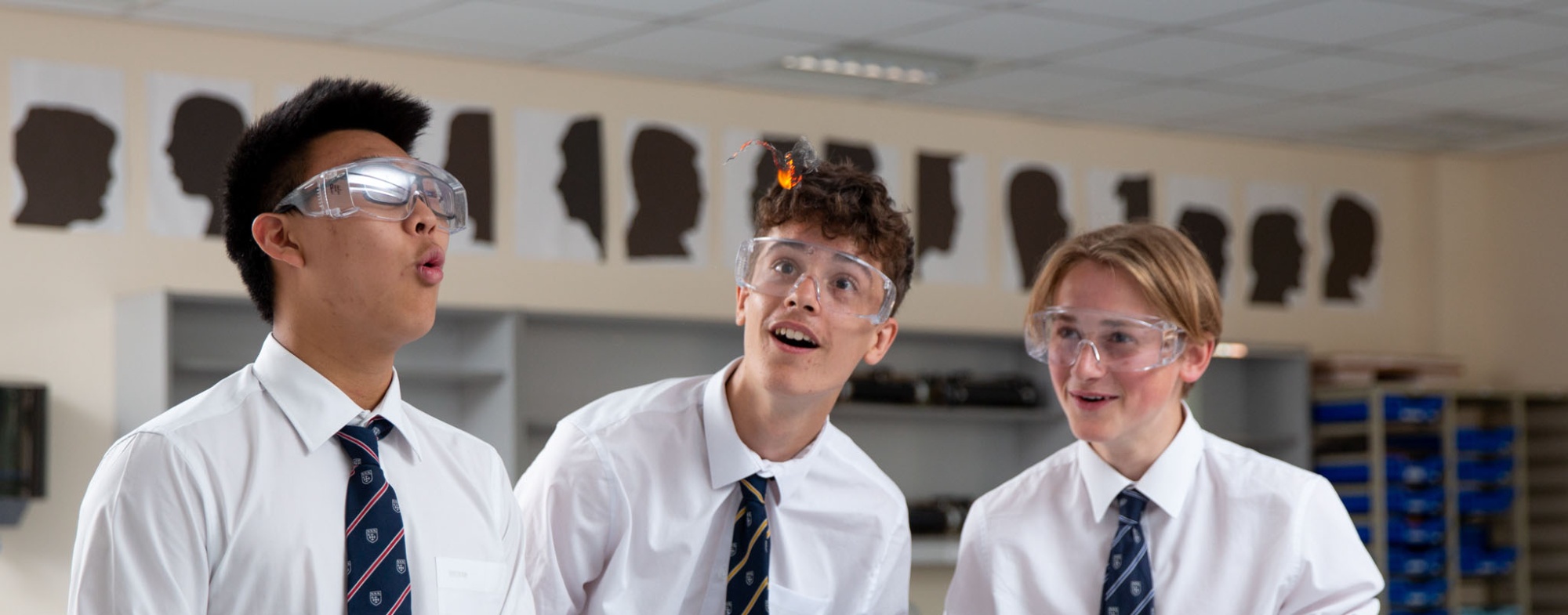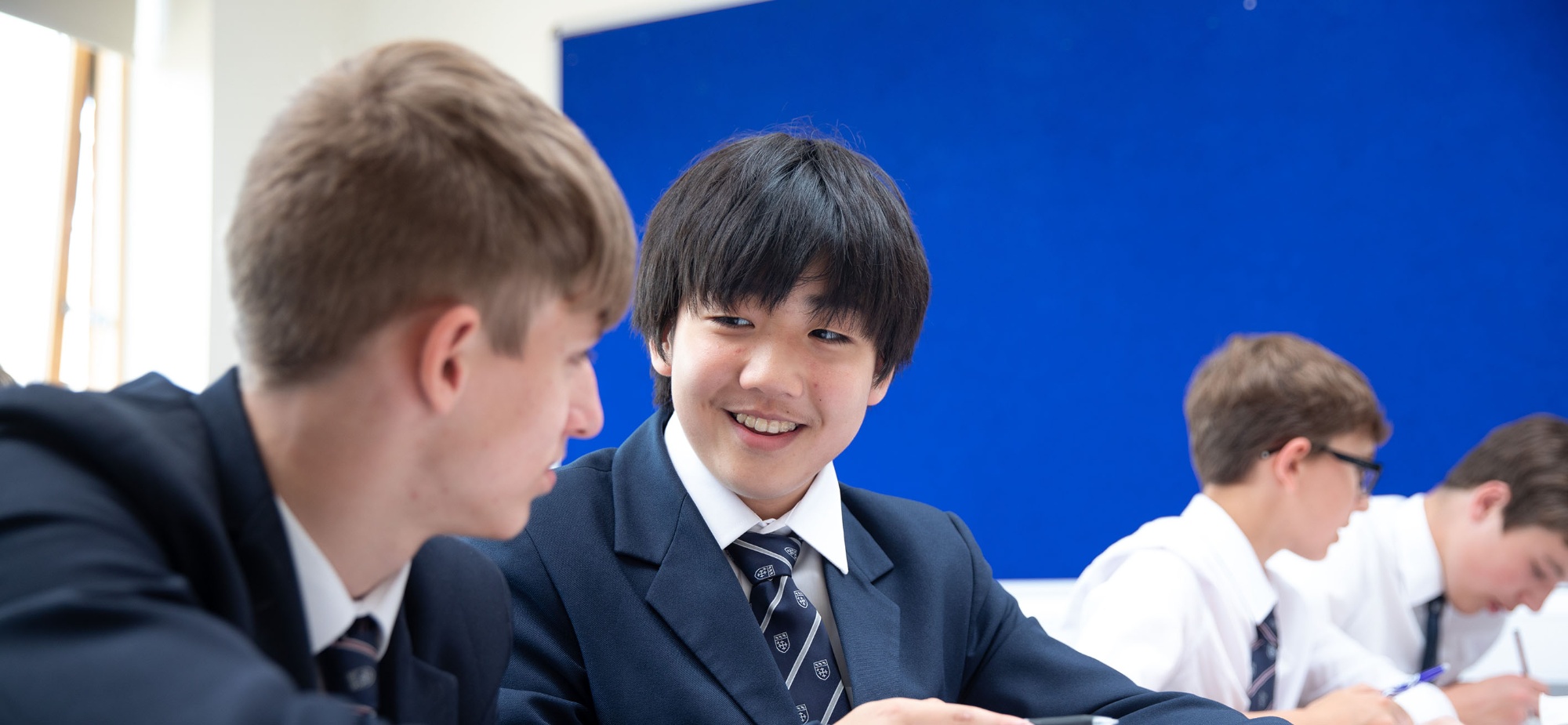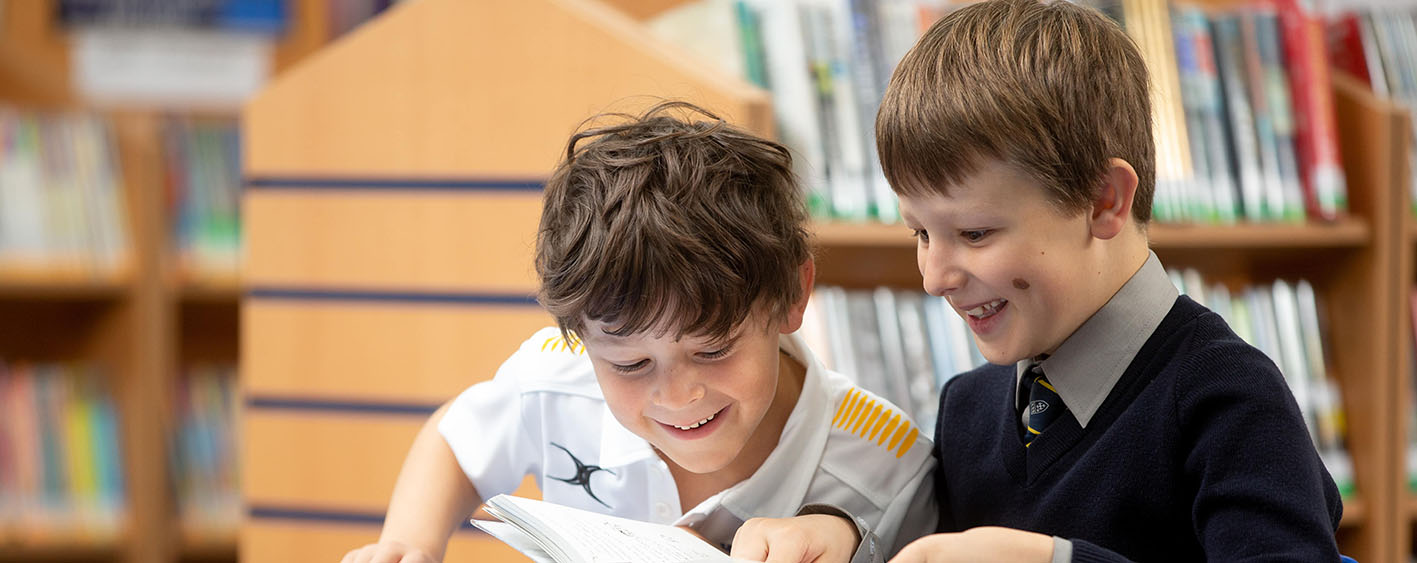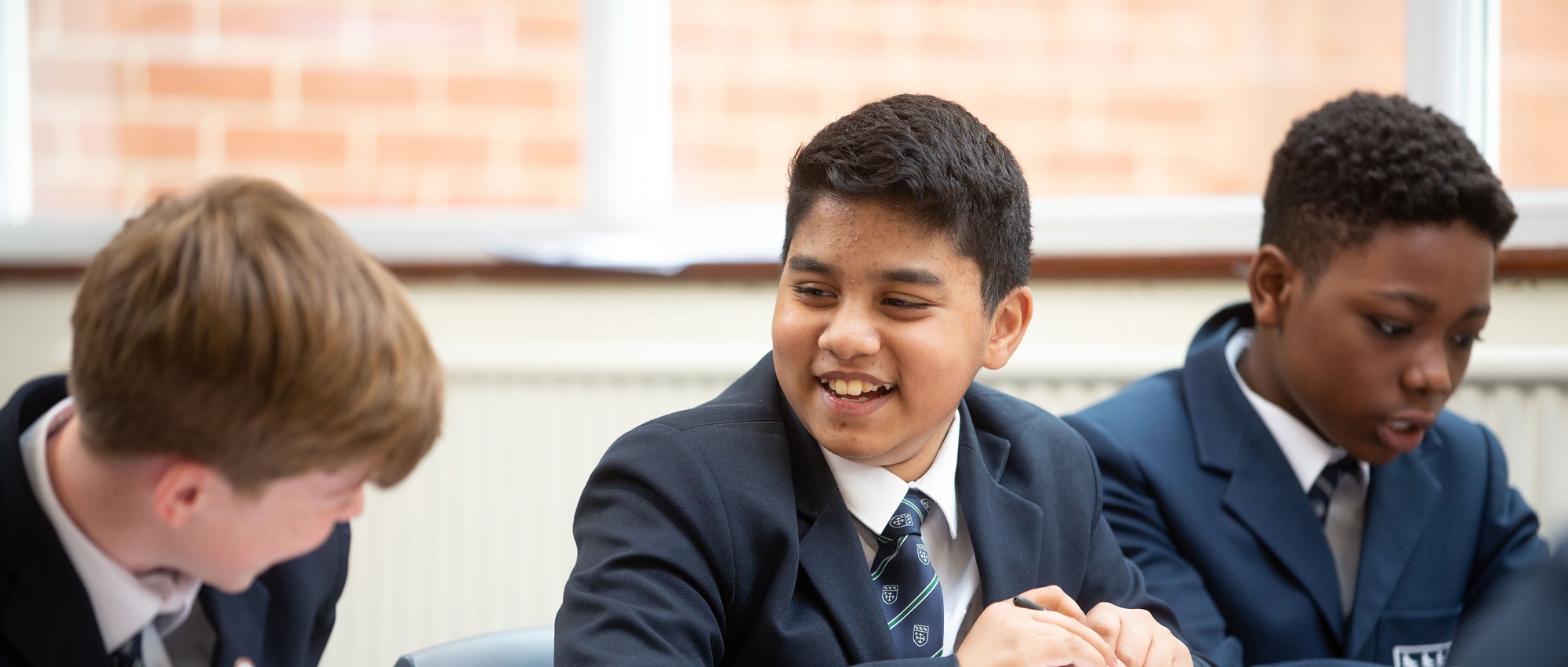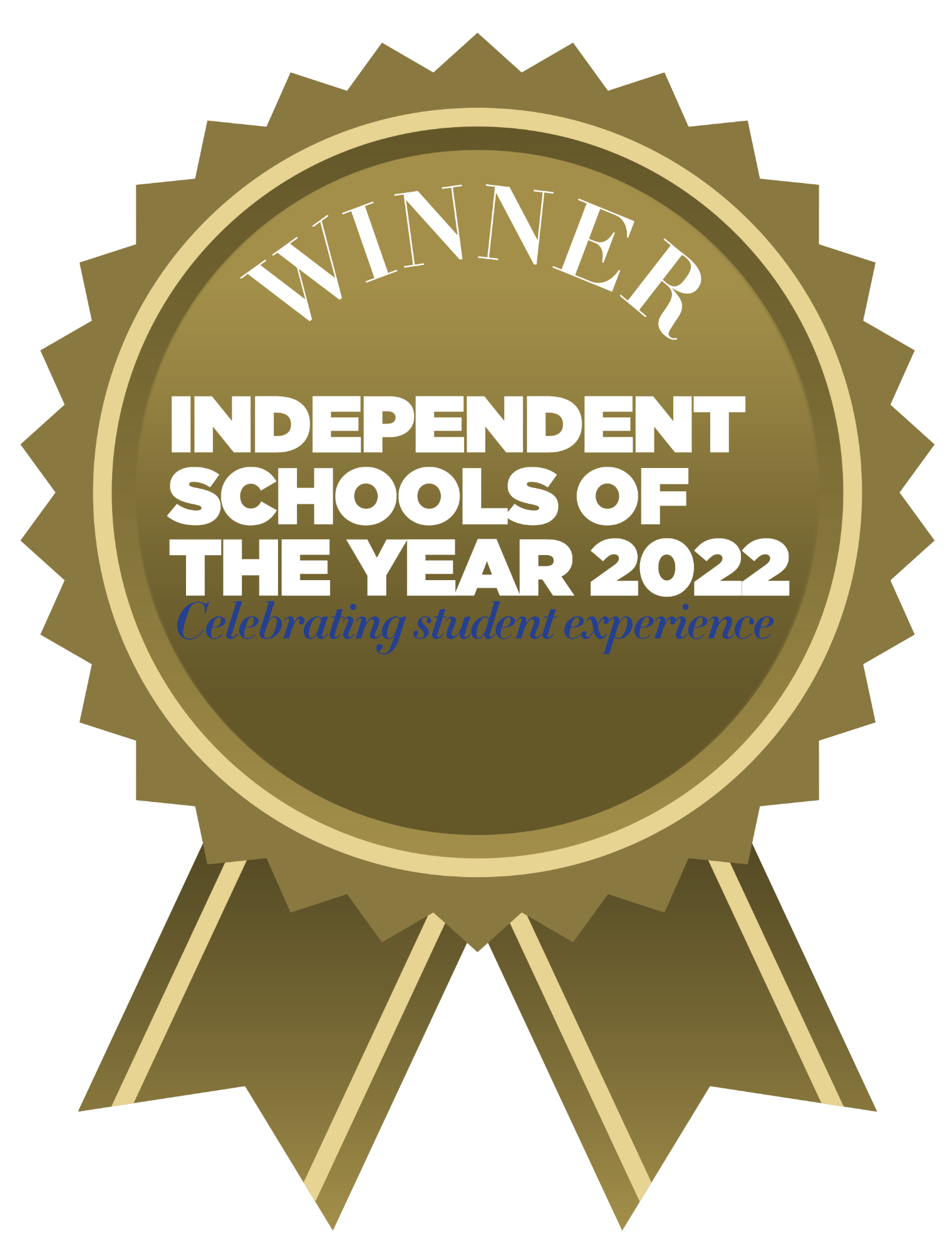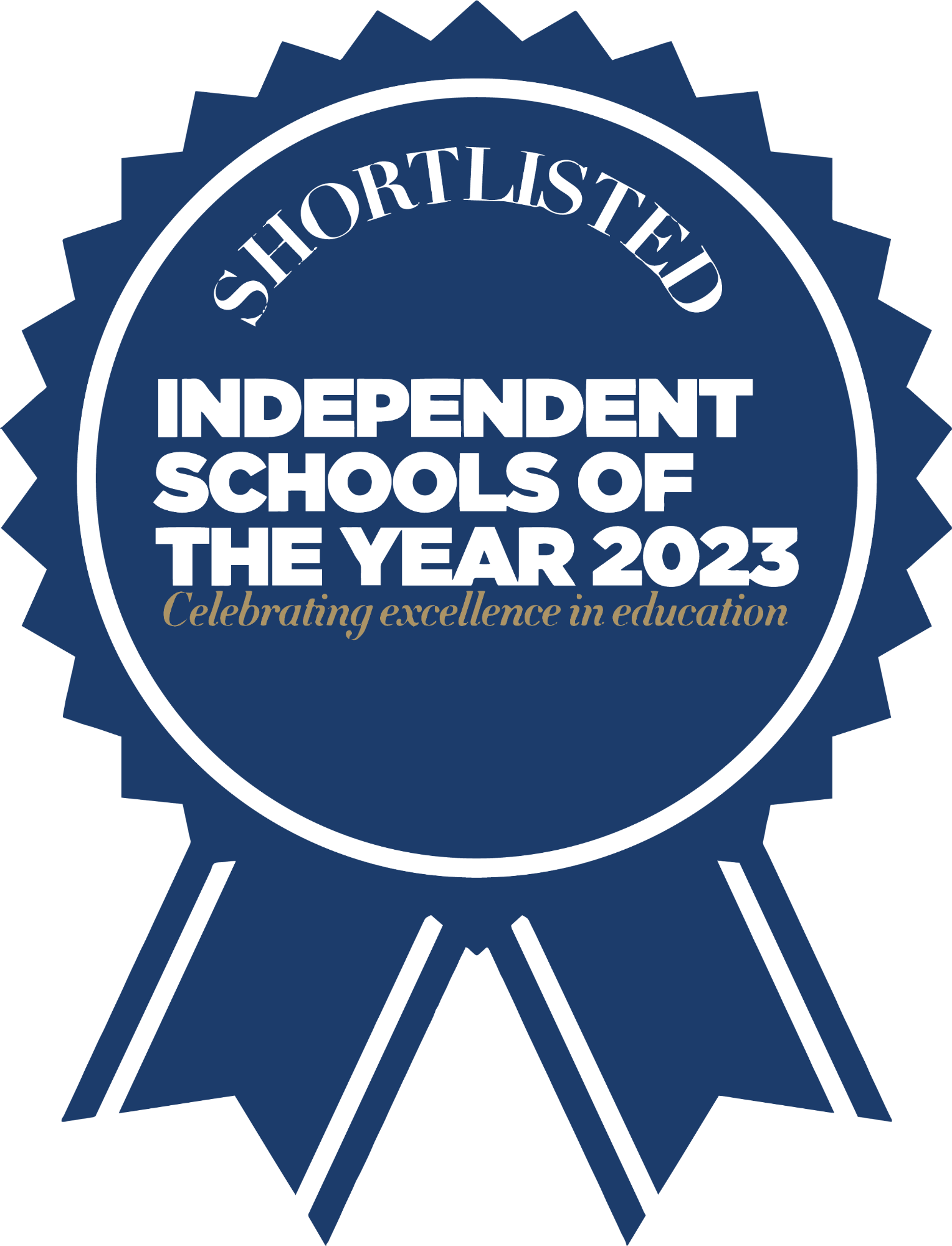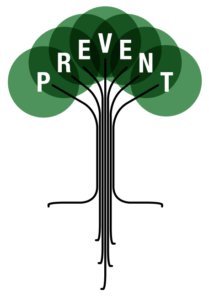Nature Deficit Disorder
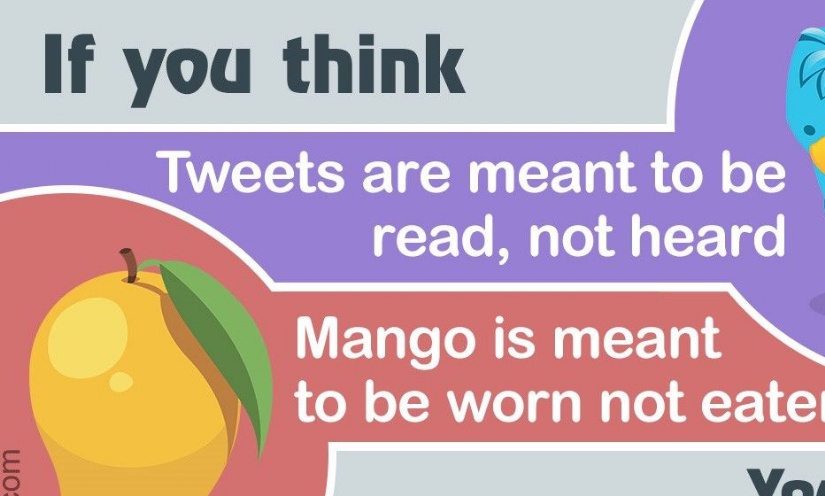
Not just another medical term, but a phrase coined by Richard Louv to describe the fact that people, and particularly children, are spending less and less time in direct contact with the natural world.
Nature-deficit disorder is not a formal diagnosis, but a way to describe the psychological, physical and cognitive costs of human alienation from nature, particularly for children in their vulnerable developing years.” (1). Children today are more familiar with swiping across a screen than stroking a leaf to feel the texture, more familiar with identifying objects of desirable technology than knowing a blue tit from a blackbird.
A new survey has found that more than half of Britons are unable to identify a sparrow, while a fifth of respondents weren't aware that a red kite is a bird. Of 2,000 adults who took part in the survey, more than a quarter of respondents couldn’t say for sure they’ve ever seen a blue tit, and 1 in 10 hadn’t heard of a swift. Ten per cent couldn’t confirm they had ever seen a blackbird, and a quarter couldn’t say for sure they’d ever seen a starling.” (2)
I have just been listening to Caroline Lucas MP, speaking at the annual conference of the Mindfulness in Schools Programme. She was making a plea for us to recognize both the damage that we are doing to the futures of our own children because of careless overconsumption, and the lack of consideration of the impact of our lifestyles upon the natural world. “Will we go down in history as the society that monitored its own downfall and did nothing about it”.
We bandy around the word 'mindfulness' as the buzzword of our day, yet walk the streets without mindful awareness of our environment or of our actions upon it.
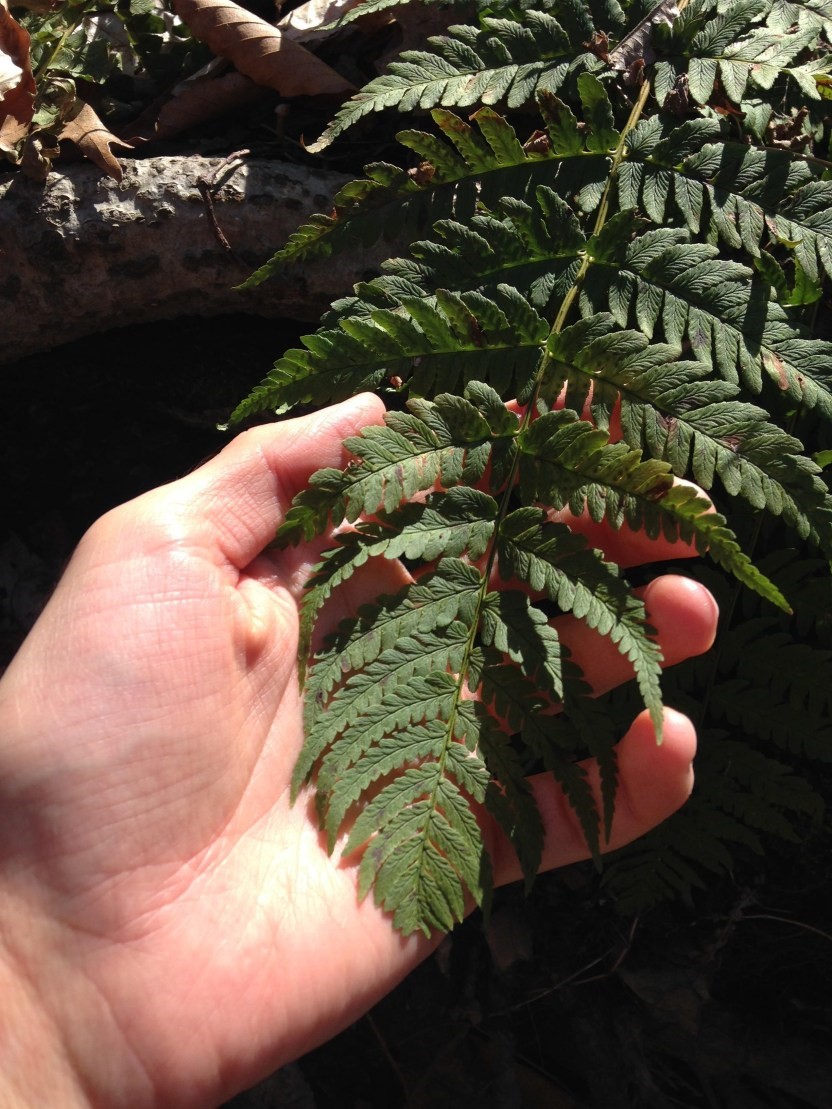 What would it be like if, this weekend, you went out and gave close attention to the natural environment around you? You don’t have to go far, there will be grass growing through the cracks in the pavement, lichen on the wall of the garden, blossom still on many fruit trees. What would it be like if you stopped to notice the tiny details of each leaf shape, the curiosities of texture and variety of colour, if you gave a moment to appreciate that which we ignore most of the time? What if we all allowed, for at least a few moments, the wonder of the natural world to just be what it is and impact upon our senses and appreciation? I suggest that your day will be richer, your mood lighter and the future, just maybe, slightly less bleak.
What would it be like if, this weekend, you went out and gave close attention to the natural environment around you? You don’t have to go far, there will be grass growing through the cracks in the pavement, lichen on the wall of the garden, blossom still on many fruit trees. What would it be like if you stopped to notice the tiny details of each leaf shape, the curiosities of texture and variety of colour, if you gave a moment to appreciate that which we ignore most of the time? What if we all allowed, for at least a few moments, the wonder of the natural world to just be what it is and impact upon our senses and appreciation? I suggest that your day will be richer, your mood lighter and the future, just maybe, slightly less bleak.
Pause, look with curiosity, share with excitement, and see what happens.
- https://www.psychologytoday.com/gb/blog/people-in-nature/200901/no-more-nature-deficit-disorder
- https://www.telegraph.co.uk/gardening/problem-solving/britons-cant-identify-sparrow-can/
Martin Hewitt (Well Being Coach)

